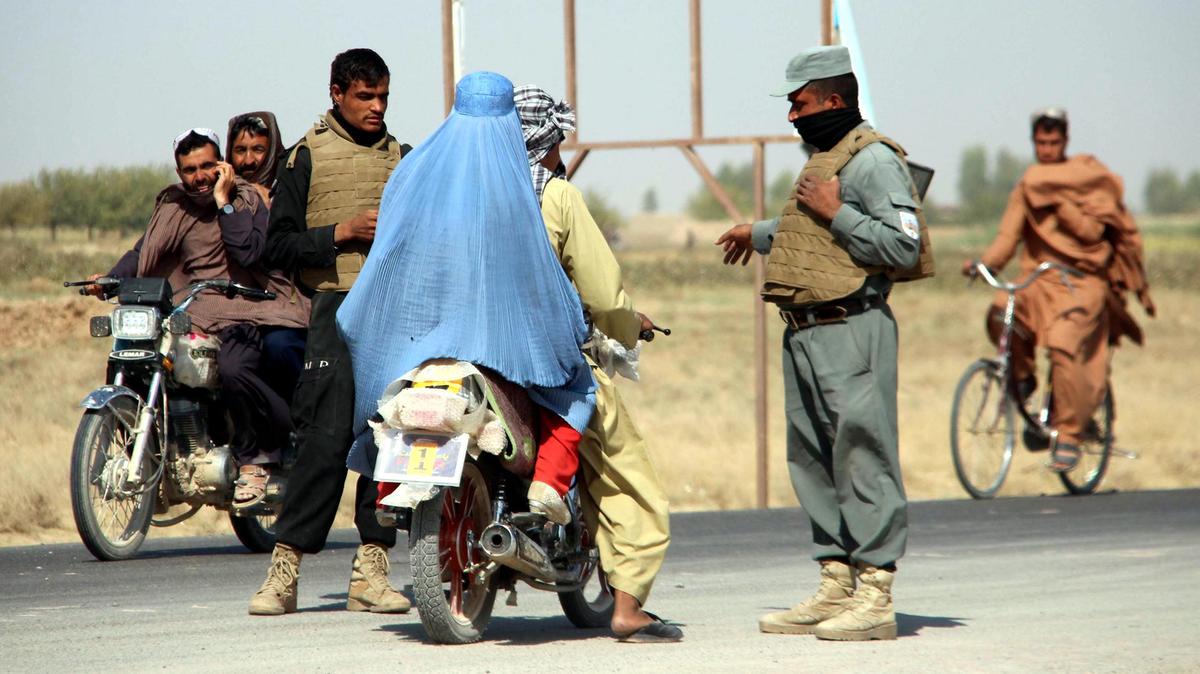As Taliban leaders sit across the table from the Afghan leadership in Doha to negotiate an end to the two-decade conflict, fighters on the ground continue to launch offensives against Afghan forces in the country.
The most recent of these – the failed siege of Lashkargah, the capital of the southern Afghan province of Helmand – revealed fractures within the insurgent group, analysts said.
“I hear not all Taliban leaders were on board vis-a-vis this attack,” said Hekmatullah Azamy, deputy director of the Centre for Conflict and Peace Studies.
Mr Azamy has been closely monitoring the conflict and the current intra-Afghan talks and believes there is evidence that key Taliban leaders are “not looking eye to eye on peace and war”.
This internal discord, Mr Azamy fears, will have an effect on the ongoing talks, particularly on the prospect of a ceasefire, a condition the Afghan delegation has been aggressively pushing for.
“The key issue is that a ceasefire has been almost impossible for the Taliban to agree to, for many reasons but largely because many among their ranks want to continue the violence,” Mr Azamy said.
Similar observations were made by the former Afghan intelligence chief, Rahmatullah Nabil, who blamed Taliban factions close to Iran for the attack on Helmand.
“The reason they are not accepting the ceasefire is because it will expose them, because there are several groups within the Taliban who will disobey them on the issue of stopping violence,” Mr Nabil told The National.
Mr Nabil, who still has strong intelligence networks throughout the region, named local commanders in Helmand such as Zakir Qayum and Sadr Ibrahim, the former deputy head of the military commission, as elements within the Taliban who are likely to continue fighting.
“Other groups who control routes used for smuggling would also prefer if the conflict continued. These groups have expressed opposition to the Doha talks,” he said. There was a chance, he said, that these opposing groups could align under a new umbrella group in future.
“The Qataris and [US special envoy Zalmay] Khalilzad may push to show that the Taliban are a unified force but the ground realities are different,” Mr Nabil said.
Those fighting on the ground, he said, see the Doha talks as not in line with their objectives and a betrayal of their ideologies. “There are groups supported by Iran and Pakistan that believe they can succeed in taking over Kabul militarily, and are objecting to these negotiations,” he said.
Read full report on The National
